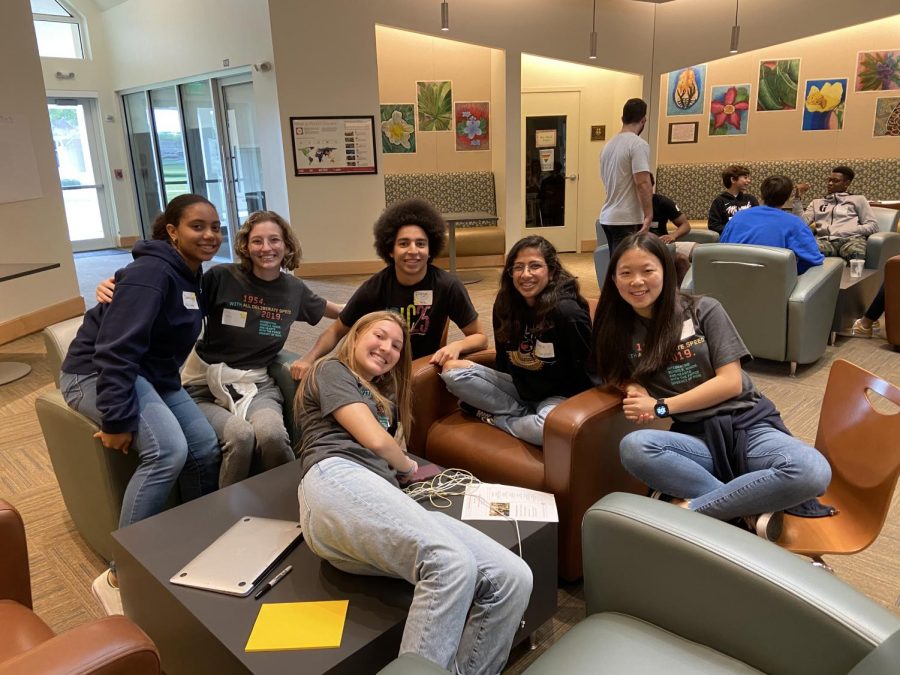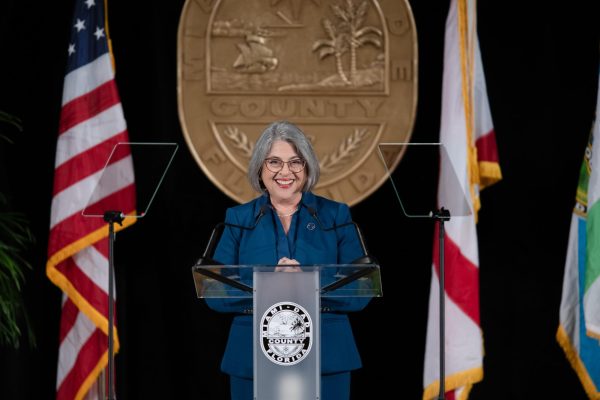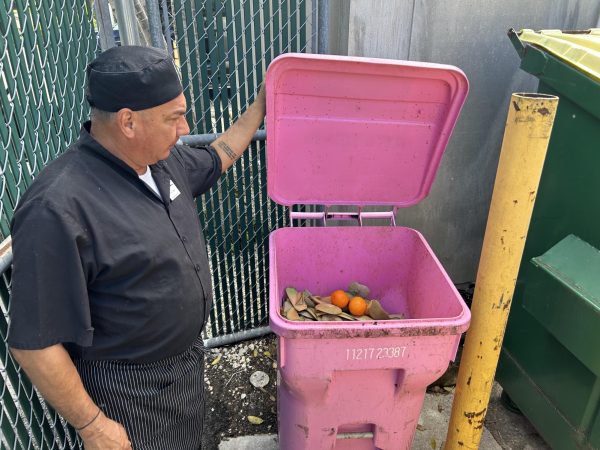For students of color, tokenism in the classroom takes a toll
In their junior year at Ransom Everglades, every student is asked to read the novel White Tiger. For many students, this is a novel about a foreign culture they know little about. For Saachi Mehrotra ‘18, this was a reminder that she was different than her classmates, that she was the “token Indian student”.
“I felt like I was the go-to person on all the cultural things in the book.” Mehrotra said. “I obviously don’t know everything about India and everything about every single culture in India, and it felt like whatever explanation I could give would define Indian culture in my classmates’ minds forever.”
In classrooms across the United States, this form of tokenism is a common occurrence: when a particular minority group comes up as a topic and a student of that group is turned to and asked to speak on behalf of that group. RE is no exception; students of many different backgrounds have reported feeling singled out when their cultures become the subject of class discussion.
“When I was at Ransom, people sometimes shifted their attention to me when the words ‘China’ or ‘Chinese’ appeared in the conversation/discussion,” Yiduan Zheng ‘19 said. But she did not have the answers to every question her classmates had. “My interpretation is a product of what I saw, heard, and thought as an individual and thus can be very limited in scope.”
According to students like Zheng, this is where the problem lies. Students can only give insight on their own perspectives, but they find themselves expected to speak on behalf of entire populations — expected, in other words, to make generalizations about those populations that are not necessarily true.
Some teachers try to eliminate this discomfort by having open and candid discussions in the classroom. For example, Ms. Danielle Ellis always has a discussion in her 10th grade American Literature class about the usage of the n-word in The Adventures of Huckleberry Finn. She allows each class “to have a conversation and decide” if they will use the word as they read.
“My hope is that by having that conversation before we start reading the text, it diminishes that [discomfort],” she continued.
Yet these conversations can also create the conditions for tokenism all over again, as students find themselves deferring automatically to their African American peers. “I found myself speaking on behalf of all African Americans who had to sit through this book,” said Tessence Cruse ‘21. “I felt I could bring a perspective into class that other kids can’t see, but at the same time, I can’t speak for everyone of my race.”
Constantly being compared to and asked to represent minority groups has caused students to become increasingly aware of the lack of diversity at RE.
“If you just have such few people of one culture and if you are constantly seeing their culture in media, you’re gonna see that and you’re gonna automatically expect that person to act that way and have an expectation of them.” Cruse said. “It’s like trying to find your place when everyone has an image of you. There are not a lot of African Americans at Ransom Everglades and because of that it’s hard for others to understand that there’s not just one caricature of what a black woman is.”
Dylan Tie-Shue ‘20 recounted an instance where he failed to live up to stereotypes: “Someone asked me if I could help them with their math homework. I said, ‘Well, I forgot this,’ and they said, ‘You’re Asian, you should know it.’”
“It happens from time to time. I know that they’re not trying to insult me, it’s just a stereotype,” he continued.
According to Diego Duckenfield-Lopez ‘20, the only solution may be for teachers and students alike to be mindful that no one person can speak for more than his or her individual perspective. We can ask these questions about experience and understand that we do not get the whole picture.
“It doesn’t have to be bad if people were to focus on the fact that there’s more to this than one story. There is a danger of a single story,” Duckenfield-Lopez stated, referencing a TED Talk given by Nigerian author Chimamanda Ngozi Adichie.
In the talk, Adichie observes that “a single story creates stereotypes, and the problem with stereotypes is not that they are untrue, but that they are incomplete.”
“The consequence of the single story is this: It robs people of dignity. It makes our recognition of our equal humanity difficult,” she continues. “It emphasizes how we are different rather than how we are similar.”

Kareena Rudra is the campus news editor for the Catalyst and has been writing since her junior year.






